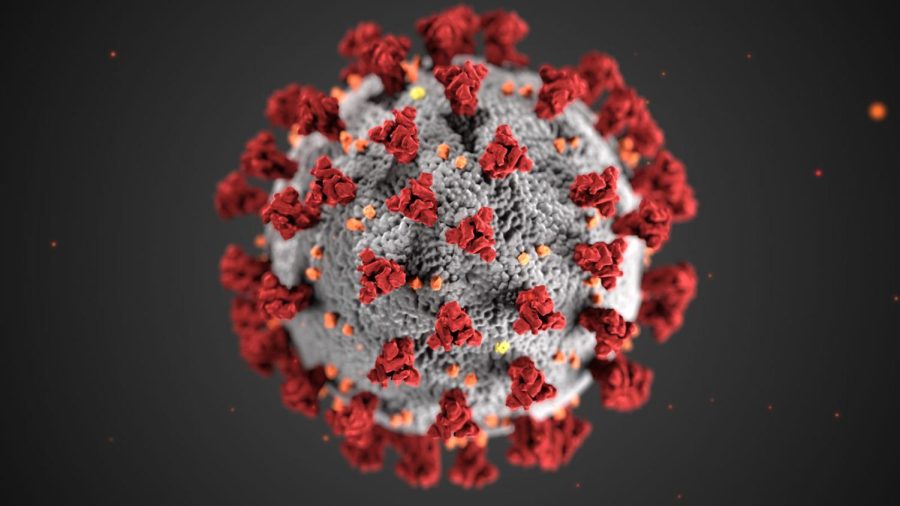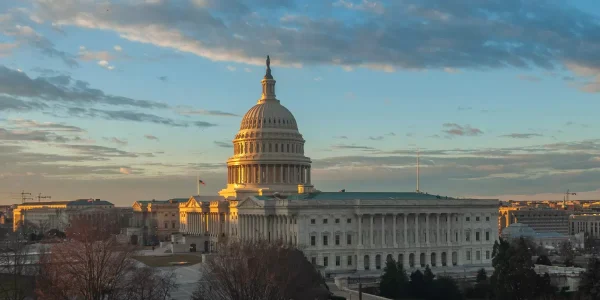World Changes Impacted by Covid-19
The COVID-19 pandemic led to a tremendous loss of human life. Due to COVID-19’s ability to spread in 48 hours, we have lost approximately 6.3 million people worldwide. Here in the US, we have recorded 1.6 million losses and 97 million cases of this horrific virus. Not only have these people lost their lives, but they’ve left their families behind as well. As a result of losing this many people, there are about 10.6 million kids worldwide without parents. These kids were taken from their families and put in orphanages to find new parents.
According to scientific research, COVID-19 increased depression and anxiety by a massive 25%. Nearly 32% of Americans mentioned ways that the pandemic has limited the activities that people do in their free time. The responses from these studies were mostly based on teens and older adults. The isolation that the COVID-19 pandemic started, has led to many mental issues for people of all ages. For example, scientists tested some 65 and older Americans, and they said the pandemic has given them no motivation to go out, travel, or live the same way they used to. It gave them the desire to remain isolated and feel as if their home is now not as enjoyable as they felt it was before the pandemic.
One of the most frustrating and dreadful things that COVID-19 caused was virtual school. The challenges that not only students but parents had to deal with caused a lot of distress. Students had to deal with loss of motivation, self-discipline, and the loss of focus while doing school at home. Not only did students skip classes, but some students decided it was a good way to catch up on sleep. The flexibility that virtual schooling allowed pressure on students. Some students took advantage of the flexibility that was given, but, in contrast, it put pressure on students who have developed time management issues.
During my interview with Roxbury High School student, Kaitlyn Murphy, I asked her questions about her experience during COVID. Kaitlyn said she feels less social after quarantine because she valued a lot of time to herself and she had gotten distant with her friends. She says it affected her mental health in a bad way because it gave her a lot of anxiety and stress in her life.
However, online learning benefited Kaitlyn as a student because it taught her how to be self-sufficient and taught her to go the extra mile to learn the keys to school. She feels that the most challenging thing she had to overcome during COVID-19 was the change to a new reality. She says that not being able to go out, play sports, or see her friends were the toughest parts of the pandemic. Especially since she was locked in her house all day every day. The cancellation of sports affected her because she could not play the sport that was a distraction from reality for her; therefore, she was faced with the challenges of staying in shape and keeping that athletic mentality. Not only was she not able to play basketball, but she was also not able to watch it, which led her to countless times of boredom.
COVID-19 had countless negative impacts on our lives, but not all of the impacts had to be negative. A positive outlook on this virus was the small share of Americans (14%) who mentioned that their physical and mental health improved from eating on diets and exercising. Some also shared that they feel less stressed on a day-to-day basis without as many responsibilities as they are used to. The isolation and determination of people wanting the pandemic to end led to people developing characteristics like being grateful for the little things.
Around one in five (23%) expressed how the pandemic has negatively impacted their job or career. The unemployment rate stood at 14.8% at the beginning of COVID-19 (April 2020), which sent countless families with powerful financial problems. Many families lost their homes, supplies, and everything they owned because they couldn’t pay the bills that came in the mail. In addition to that, some schools switched to giving out free lunches to students so they would not have to pay.
In conclusion to the effects COVID-19 has had on the world in the past 2 years, there were more negative effects than positive; the vaccine became available on August 21st, 2022, for anybody over 6 months and older, and it has made people feel safer when going out. Although there are not as many protocols you have to follow as there were the past 2 years, COVID-19 is still a contagious virus and you should always take precautions.

Alexis Oliveira is a creative and determined future Sports Commentator. She is currently a Senior here at Roxbury High School and drives for success in...






